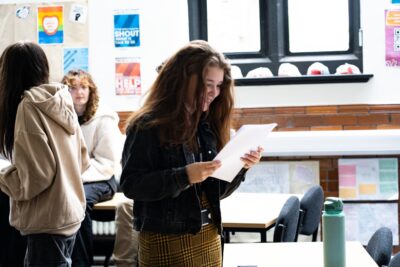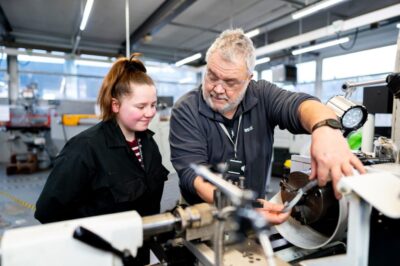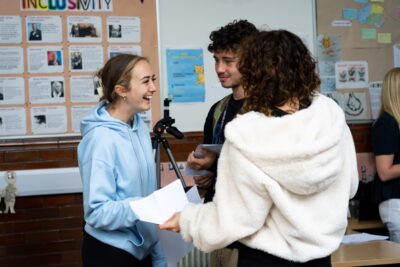A Level Chemistry will be brought to you in various lectures, workshops and practical laboratory sessions by experienced chemist Dr Kirsty Davey. You will require a passion for Chemistry to fuel your studies during this demanding but very rewarding course.
The course is taught as a series of modules, all examined at the end of year one (for AS Level qualifications) or at the end of year 2 (for A Level qualifications). Although your final A Level grade will be determined solely by your exam results, you will be regularly updated on your progress and attainment throughout. Your working grade will be determined by mock exams, assessed homework and practical work.
You will also work towards your CPAC practical endorsement. This is a certificate which accompanies your A Level and informs your university of choice about your practical capabilities. A lot of universities require you to have completed a course that includes the CPAC (common practical assessment criteria) certificate. This involves taking part in a minimum of 12 required practicals which must be fully evidenced in a lab book. These 12 practicals are designed to help you develop a diverse range of practical skills, far beyond what you will have seen at GCSE level.
Whilst we encourage you to enjoy your summer after your GCSEs (you’ve earned it!) but if you’re raring to go and want to get a head start then we recommend downloading the AQA transition guide which includes activities to get you started. You can also look into purchasing the following resources which will help you throughout your two years of study:
- AQA Chemistry A Level Student Book: Ted Lister and Janet Renshaw
- New A-Level Chemistry: AQA Year 1 & 2 Complete Revision & Practice (CGP A-Level Chemistry)
- AQA Year 1 & 2 exam practice workbook that accompanies the revision guide





